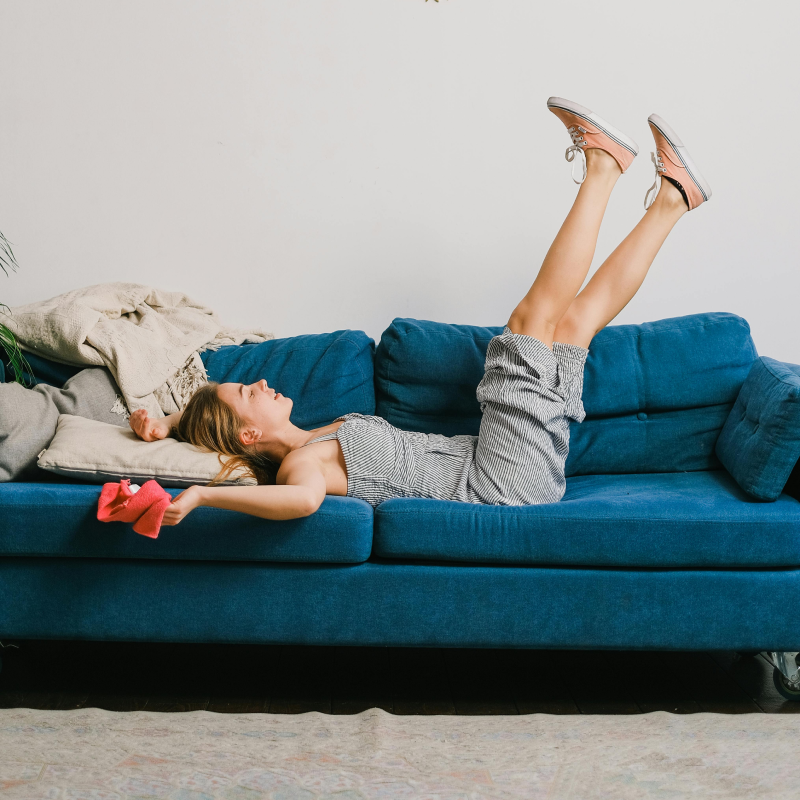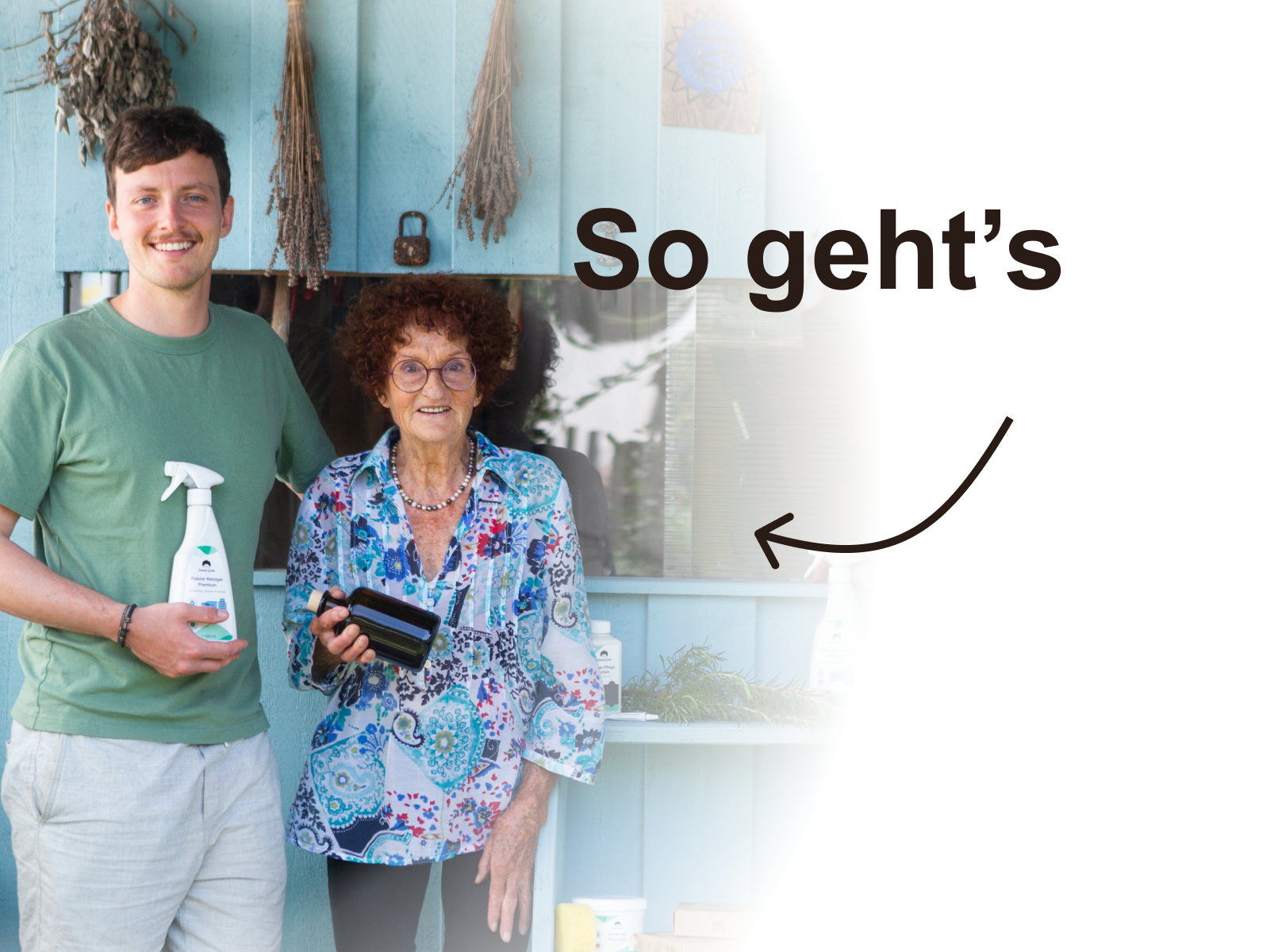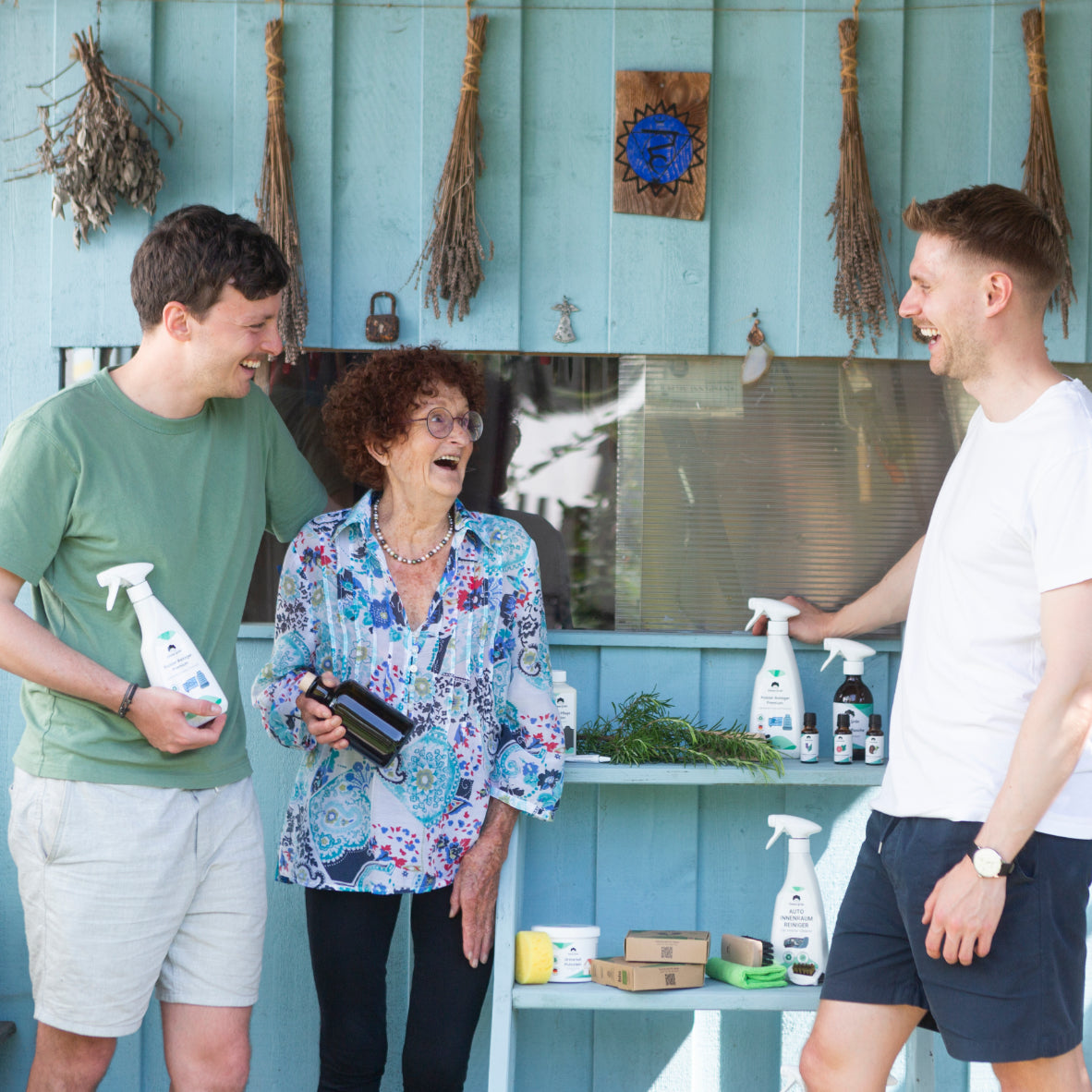Waterproofing is one of the best-known types of shoe care. But what does this process actually do, what do we need to consider when caring for our shoes and why should we waterproof our shoes regularly? These are questions that we have taken a closer look at in the following guide.
What is meant by impregnation?
During the impregnation process, a special impregnating substance is applied to a material. It is responsible for changing the material properties in a beneficial way. In short, you could also say that the material is being refined. This process is used primarily for textiles and artificial and natural leather. The materials are thus made hydrophobic and thus resistant to dirt and moisture. The individual treatment methods vary depending on the product in question. Nevertheless, they are always based on the same principle: a film-forming substance is applied to the material, making it resistant to dirt deposits and moisture.
That’s why leather is water-attracting!
Natural leather has pores. They attract water. In order to maintain the breathability of the natural material, not all pores are deliberately closed during tanning. This is why leather is not waterproof, it absorbs moisture and needs additional protection. But why aren't all pores closed during the manufacturing process so that the material is optimally protected against external influences? This question is quickly answered: If this were the case, the material would not be able to absorb the nourishing substances that it urgently needs to maintain its natural appearance. Likewise, the absorption and regulation inside the shoes, such as through foot sweat, could not take place if the pores were closed. However, this positive effect also has a disadvantage, namely when sneakers are exposed to damp, cold weather.
What does impregnation do?
Leather is made hydrophobic, i.e. water-repellent, by means of an impregnation on the outer surface. The application of a special layer reduces the cohesive forces of the material and the cohesive forces of the water predominate. This process leads to the formation of droplets: the so-called lotus effect. The water can then roll off the material without penetrating it and still retains its breathability. This has the advantage that impregnated shoes are protected all around, but can still absorb care and guarantee a sweat-free wearing experience even in the cold time of the year.
Why is waterproofing shoes so important?
To ensure that your sneakers are protected against wind and weather, you should waterproof them regularly. To be honest, waterproofing is actually the most important measure to protect your shoes from external influences. Open-pored leather shoes made of suede in particular are crying out for protection like this. They are extremely sensitive to dirt and moisture and would not survive long without precautions like these.
Regular waterproofing not only protects the surface of your shoes from moisture, it also prevents dirt particles from penetrating, which is particularly beneficial in autumn and winter and extends the lifespan of your favourite shoes many times over.
How do you properly waterproof your shoes & sneakers?
The opinion that you can't go wrong when waterproofing shoes unfortunately often turns out to be untrue in practice. Because spraying them superficially with any conventional product is simply not enough to provide perfect protection. The following tips will help you avoid mistakes:
- First of all, it is important to remove dust and all dirt. After cleaning, let your shoes dry completely: only then can they be perfectly waterproofed!
- Apply the waterproofing spray evenly from a distance of about twenty to thirty centimeters. By the way: the shoe seams and laces also need protection!
- You should repeat this process two or three times. For perfect waterproofing protection, it is better to apply several thin layers than one thick one. You must allow each layer to dry completely between applications.
- Finally, your shoes need to dry completely again.
- Now they are perfectly prepared and nothing stands in the way of a hike in the rain or mud.
How often should you waterproof your shoes?
The rule here is: It is better to waterproof your shoes more often and sparingly than to plaster them with a product every now and then. Important: Even new shoes need protection before they are worn for the first time. If the material is then subjected to wear in everyday life, minimal collisions occur when walking and running. These and the external influences cause the thin waterproofing layer to wear off over time and need to be refreshed. For this reason, it is important to renew the protection regularly, especially when it gets uncomfortable outside. Experts recommend repeating the waterproofing process after wearing the shoes ten times. If they have become wet from a downpour or slush, you should even treat your shoes again with the right waterproofing spray as soon as they are dry again.
Is waterproofing shoes harmful to the environment?
So that you can offer your shoes all-round protection and do not harm the environment, it is always advisable to choose sustainable products. They do their job with the help of natural household remedies and are free of questionable ingredients such as PFAS and harmful aerosols, which not only pollute Mother Nature but also harm human health. If aerosols get into the lungs, for example, they can lead to nausea or even symptoms of poisoning.
Another problem: If certain chemical substances enter the lungs in the form of suspended particles, they can cause irritation of the lower respiratory tract and trigger an asthma attack in asthmatics. The questionable ingredients can also build up in our lung tissue and cause dangerous inflammation there. And let's be honest: why should we use products whose ingredients cause irreversible damage? We have the choice and can use products that not only provide full protection and care, but are also completely harmless to humans, animals and the environment thanks to their natural ingredients?








 Natalie,
Natalie,  Sarah und über 105.000+ Andere lieben Emma Grün.
Sarah und über 105.000+ Andere lieben Emma Grün.
































